-
chevron_right
Jake Paul PPV Boxing Piracy Amnesty Misled The Public, Lawsuit Claims
news.movim.eu / TorrentFreak · Thursday, 1 February - 08:53 · 5 minutes
 In a matter of weeks, the controversial Jake Paul vs. Ben Askren PPV boxing event will turn three years old and still be remembered for all that went wrong.
In a matter of weeks, the controversial Jake Paul vs. Ben Askren PPV boxing event will turn three years old and still be remembered for all that went wrong.
After the H3 Podcast aired a short clip of the event on YouTube, featuring a fight that lasted just 119 seconds, Triller filed a copyright infringement lawsuit against creators Ethan and Hila Klein. Even today, it still seems nowhere near done.
What began as a fairly bitter and personal affair has left both sides with little to celebrate since the lawsuit was filed in 2021. With no obvious benefit beyond money for the overall winner, not losing face down on the canvas appears to be the only discernible prize.
Convoluted Lawsuit Finds Knockout Punch Elusive
More detailed background on the case is available here . In summary, H3 says that when it showed the fight along with biting commentary on YouTube, that was fair use, even though the video shown was sourced from a pirated copy of the PPV event.
For its part, Triller disagrees, bitterly.
Last week, Ted Entertainment, Inc. (TEI), the company behind various H3-branded channels, filed a counter-complaint against counter-defendant Triller. TEI’s focus is an amnesty program widely publicized by Triller in the wake of the Paul vs. Askren fight.
For a payment of just $49.99, Triller said that people who pirated the PPV could avoid being targeted in legal action that would demand $150,000 from each and every person who watched the fight without paying for it. TEI says the promotion of the amnesty program was misleading and deceptive.
“In the course of advertising and promoting its so-called ‘amnesty program’ Triller made false and misleading statements that TEI’s podcast episode entitled Jake Paul Fight Was A Disaster ….infringed the Broadcast and that anyone who viewed the Podcast engaged in copyright infringement,” TEI informs the court.
“Even worse, Triller made false and misleading statements about the financial ramifications of watching the Podcast to persuade the public to pay Triller $49.99 each to participate in Triller’s so-called amnesty program. This counterclaim is directed at exposing Triller’s false and misleading statements and force it to account for its deception.”
TEI Watched a Pirated Live Stream to Avoid Giving Paul Money
TEI’s counter-complaint begins with a potted history of its critique of Jake Paul. TEI accuses Paul of engaging in “highly aggressive, manipulative and avaricious marketing practices to his child audience to induce them to purchase his merchandise.” Jake’s brother, Logan, is described as equally problematic, but the focus is on Jake’s boxing career and TEI’s scathing criticism.
“TEI produced episodes on the H3 Podcast Channel that criticized Jake Paul’s boxing matches as being horribly lopsided in favor of Jake Paul because he was either significantly larger or younger than his opponents,” TEI says.
“These episodes produced by TEI also criticized Jake Paul’s boxing matches as cash grabs intended to bait the audience to pay steep pay-per-view prices in the hope of seeing Jake Paul defeated.”
After describing Paul’s matchup with Askren as a “farce that degraded the sport of boxing,” at a PPV price point that was “prohibitively expensive for his target audience,” TEI makes an unexpected admission.
Before reviewing the fight on YouTube, TEI employees necessarily needed to watch the fight. However, since that would mean handing over cash to the benefit of Jake Paul, that option was ruled out.
“TEI, however, did not want to provide any financial support for Jake Paul (or for any other endeavor involving Jake Paul). Consequently, on April 17, 2021 (i.e., the day of the Broadcast), TEI employees watched an unauthorized stream of the Broadcast on the Internet,” TEI informs the court.
“TEI did not make a simultaneous copy of the Broadcast when it was viewed on April 17, 2021. TEI did pay the $49.99 viewing fee for the Broadcast at a later date.”
Triller’s Amnesty Program
TEI says that on or around May 3, 2021, Triller’s head of piracy, Matt St. Claire, sent a press release to various media outlets that advertised and promoted Triller’s amnesty program . TEI uses sections of a subsequent Reuters article to support its claims that Triller’s statements not only misled the public, but did so at the expense of the podcast.
“The aforementioned statements from the Triller Press Release gave the false and misleading impression of fact that: (1) the Podcast itself constituted copyright infringement; (2) anyone who viewed the Podcast was liable for copyright infringement; (3) that the potential exposure for each view of the Podcast was up to $150,000 per view; (4) that TEI runs a criminal enterprise; and (5) TEI resold the Broadcast and profited from doing so,” TEI continues.
Since Reuters articles are widely syndicated, Triller’s statements also appeared in articles published elsewhere. TEI claims that the substantial audience led to “countless online posts” in which the company was labeled a criminal copyright infringer.
Overall, TEI says that a substantial number of people “were deceived (or had a tendency to be deceived)” into believing that since they watched the H3 podcast, they were also liable for infringement.
Reasons for People to Settle
TEI says that the above led some to believe that the only way to avoid liability was to participate in Triller’s amnesty program. To encourage them to do so, it’s alleged that Triller offered to drop the lawsuit against TEI if it paid a settlement of $900,000 and made the following public statement:
“By this statement, Triller requested TEI to falsely represent: (1) that TEI paid millions of dollars to settle the Initial Complaint – despite Triller demanding only $900,000; and (2) TEI was knowledgeable of Triller’s watermark technology – as no such information was shared with TEI,” the company adds.
“The clear purpose of this statement, just like Triller’s Press Release, was to advertise and promote Triller’s so-called amnesty program (in general) and to TEI’s audience (in particular).”
TEI says that the alleged conduct above caused it to suffer financial loss and reputational damage. The company requests a judgment for disgorgement of Triller’s profits, compensation for its losses, an award for treble damages under the Lanham Act , plus costs and attorneys’ fees.
TEI’s counter-complaint against Triller Fight Club II is available here (pdf)
From: TF , for the latest news on copyright battles, piracy and more.


 Founded in 1996, the
Founded in 1996, the



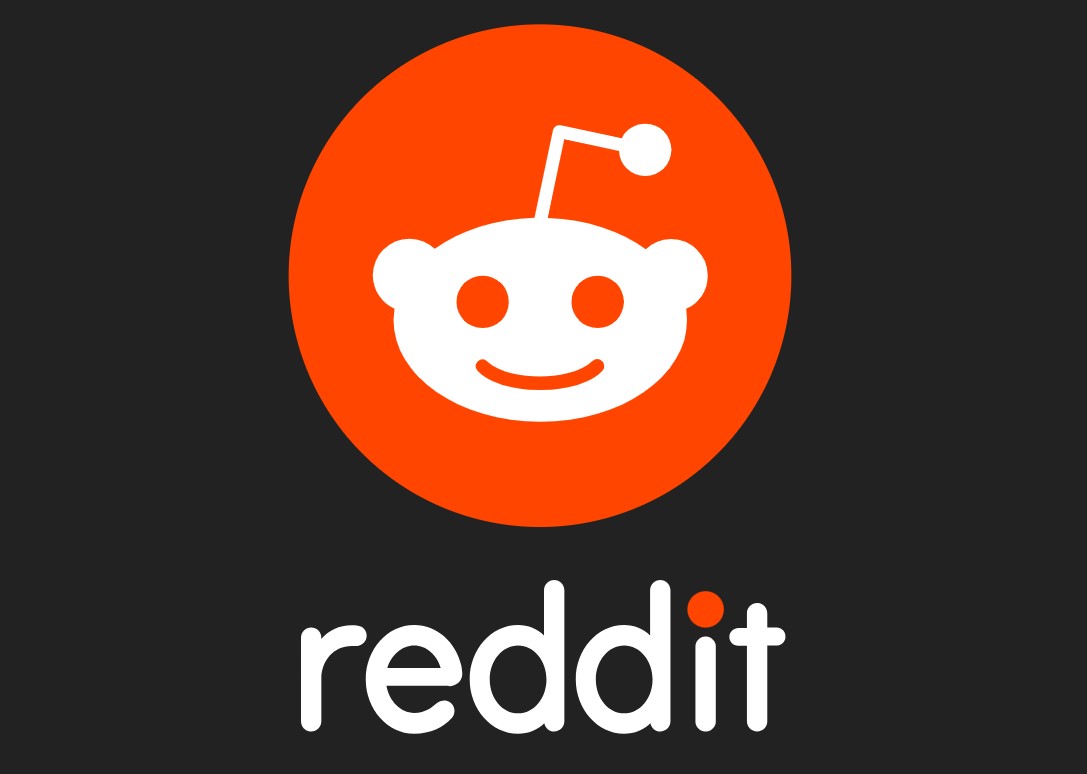 Millions of people regularly pirate movies and music. While this is against the law, most don’t get into trouble.
Millions of people regularly pirate movies and music. While this is against the law, most don’t get into trouble.

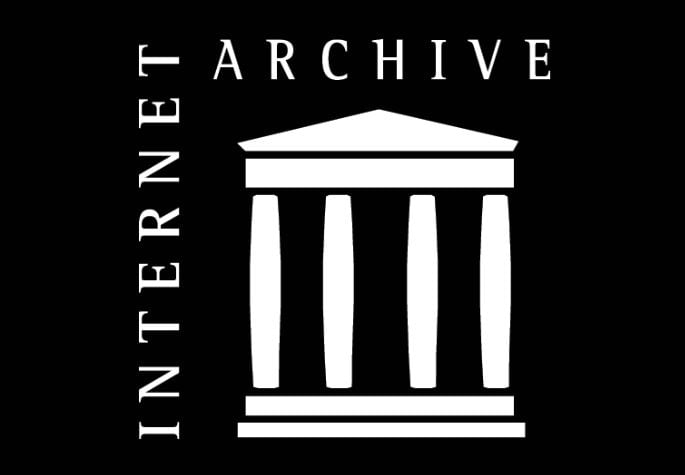 The
The


 The name
The name


 In 2020, publishers Hachette, HarperCollins, John Wiley and Penguin Random House
In 2020, publishers Hachette, HarperCollins, John Wiley and Penguin Random House
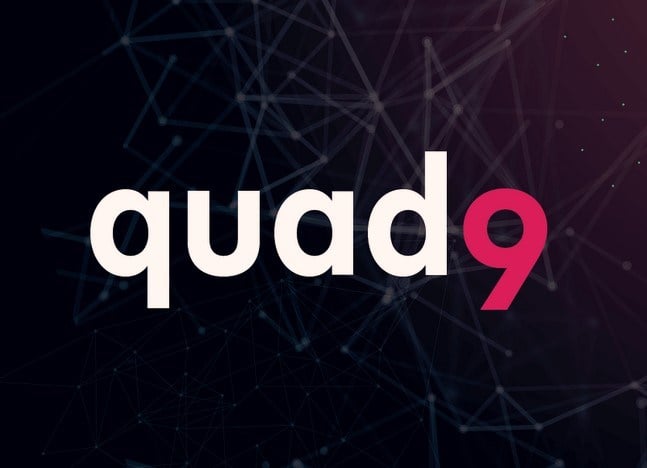 In 2021 , Sony Music obtained
In 2021 , Sony Music obtained
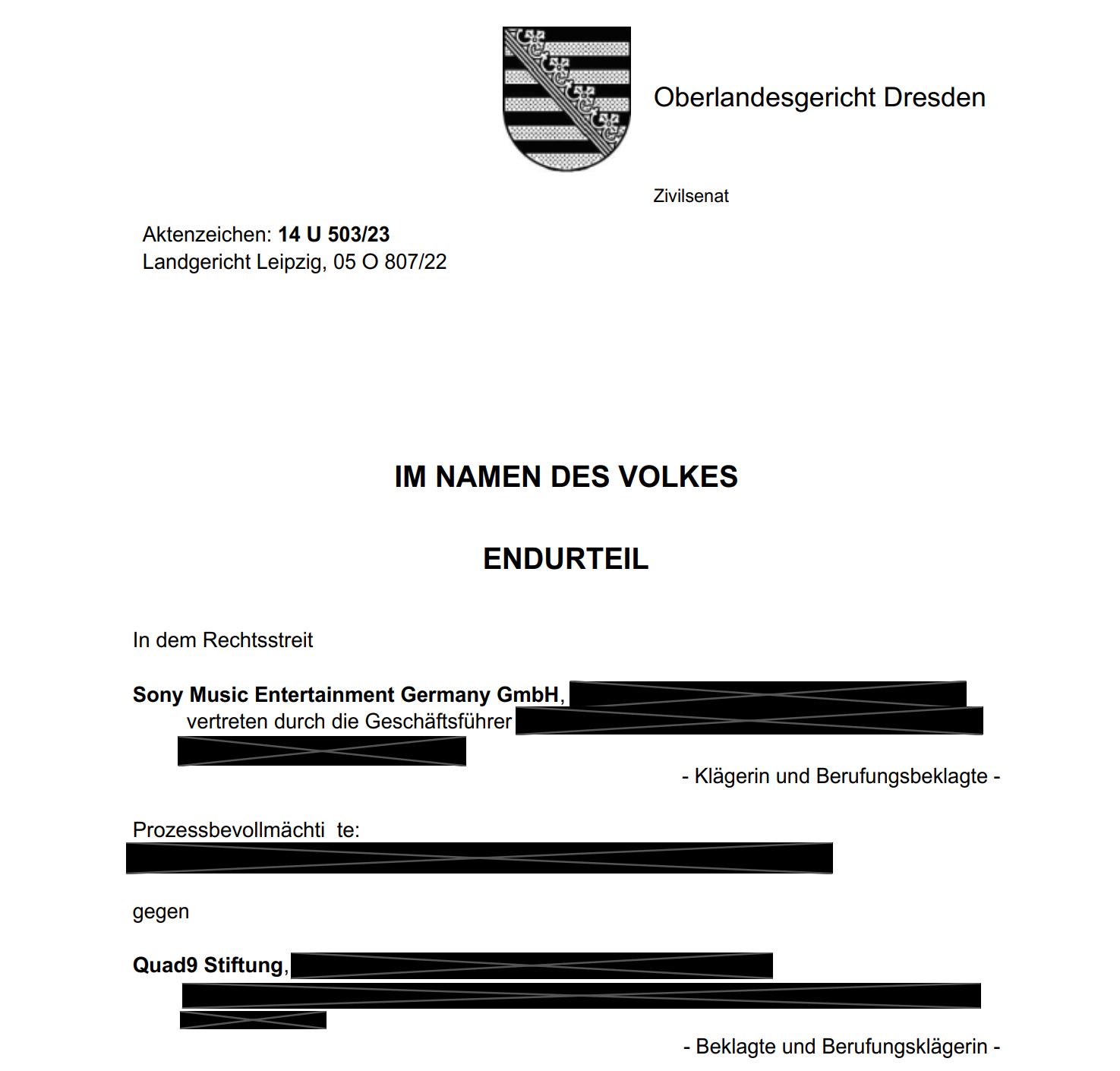
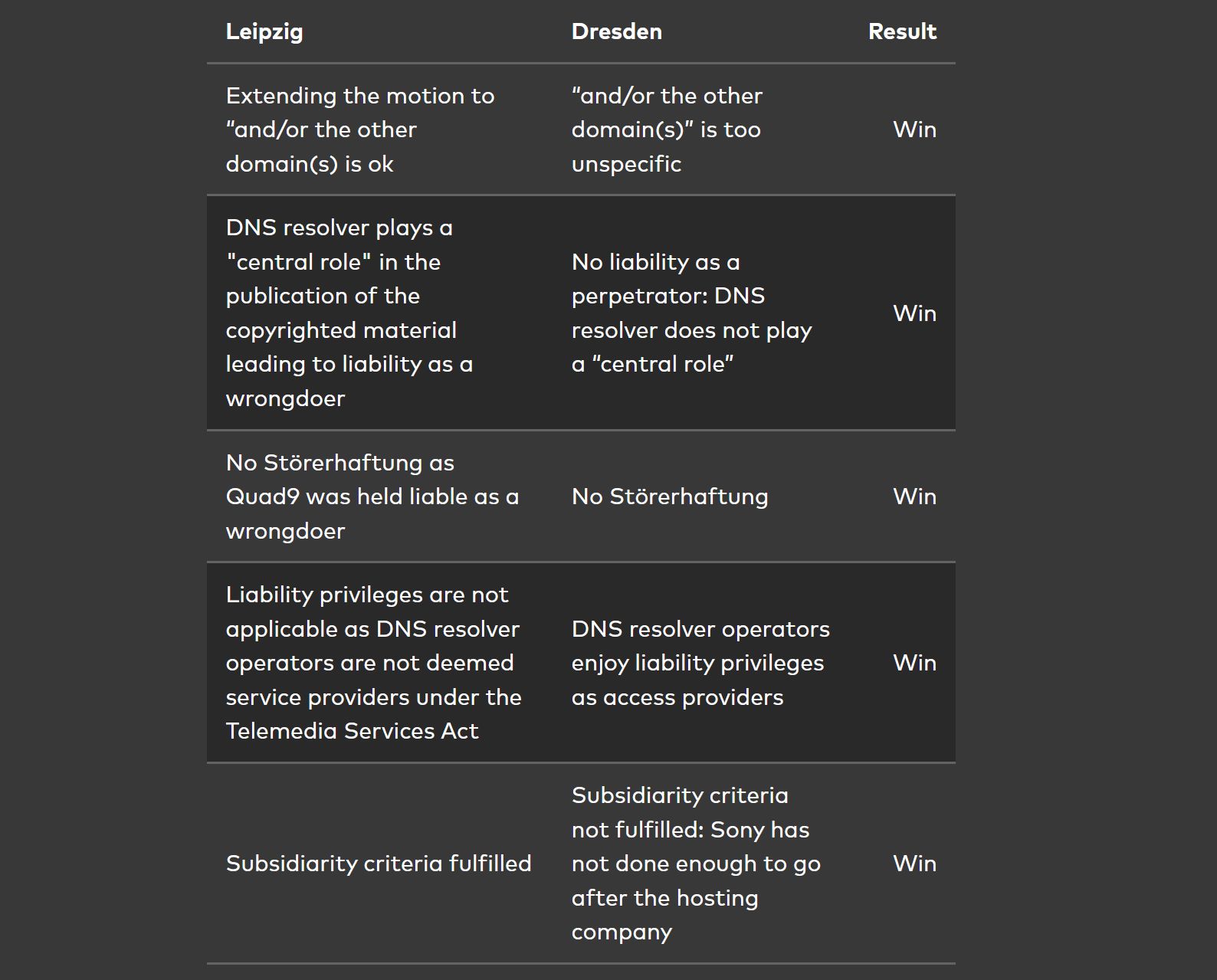
 Similar to other user-generated content platforms, X allows people to freely share content online.
Similar to other user-generated content platforms, X allows people to freely share content online.
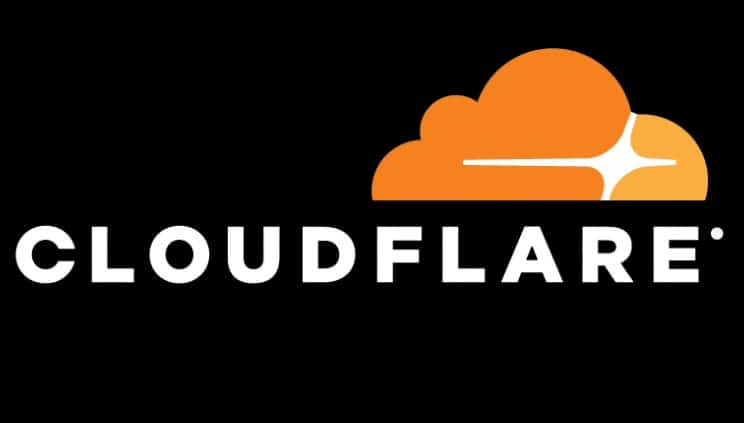 Copyright holders have made serious work of website blocking in recent years, expanding the practice to over forty countries worldwide.
Copyright holders have made serious work of website blocking in recent years, expanding the practice to over forty countries worldwide.